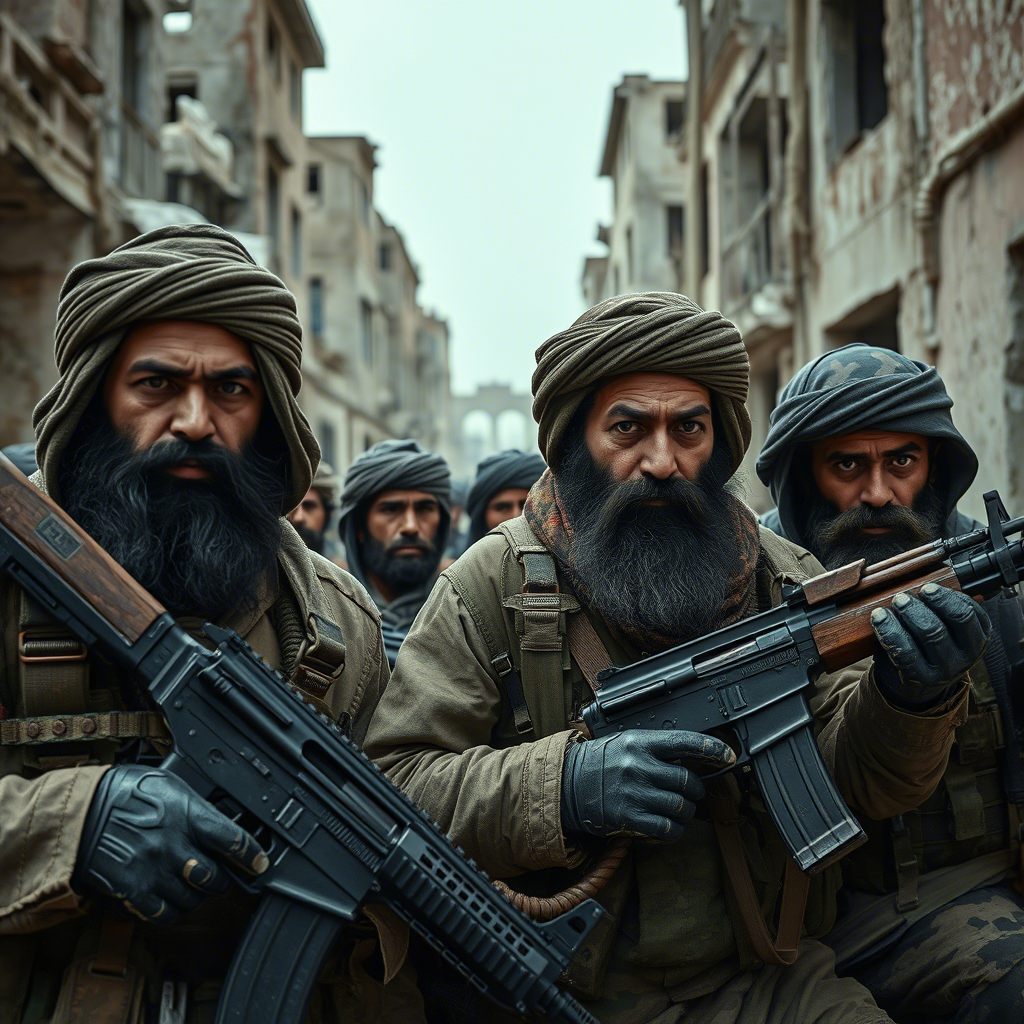Russia’s top court just did something big: it removed the Taliban from its list of terrorist organizations, something that had been set in stone since 2003. Yeah, the same Taliban that took over Afghanistan in 2021 and still imposes restrictions that have the world squirming.
But here's the kicker—Russia’s been talking to the Taliban behind the scenes for a while now. The difference? This court ruling makes it official.
So... why now? Why does this matter? And what does it say about the shifting sands of global power games?
Let’s dive in.

A 21-Year-Old Ban, Lifted in One Ruling
If you’ve followed Afghanistan even casually, you probably know the Taliban aren’t exactly loved on the world stage. After they took over Kabul in 2021, they promised moderation—but rolled out restrictions on women, girls, and, well, pretty much everything joyful.
Back in 2003, Russia declared the Taliban a terrorist organization, which meant that even talking to them could get you in trouble under Russian law.
But guess what? Over the last few years, Moscow kept inviting Taliban reps to international talks. Bit of a contradiction, right?
Now, thanks to a law passed in 2023 allowing courts to “suspend” terrorist designations, Russia’s Supreme Court made it official—the Taliban is no longer on their naughty list.
“It’s not about endorsing them,” one Kremlin insider told a local outlet. “It’s about engaging reality.”
Russia’s Real Game: Power, Not Principles
Let’s not sugarcoat it—this is less about ideology and more about strategy.
Russia’s been eager to play kingmaker in Central and South Asia. And Afghanistan? It's a goldmine of geopolitical opportunity.
Here’s what Russia likely wants:
- Access to Afghanistan’s mineral wealth (hello, lithium!)
- Counterbalance Western influence, especially as NATO’s presence fades
- Buffer against ISIS-K (Islamic State Khorasan), which still poses a real threat
Think of it like this: If you’re playing chess and your old enemy suddenly controls half the board, you can either keep calling them names from the sidelines… or start talking to them and protect your interests.
Guess which one Moscow chose?
Meanwhile, Women and Girls Are Still Sidelined
Let’s not forget what’s happening on the ground in Afghanistan.
- Girls can't attend school beyond sixth grade.
- Women are banned from most public spaces—including parks and gyms.
- Foreign aid has dried up because of these restrictions.
So while the Taliban celebrates their “win” in Moscow, Afghan women are still fighting a silent battle every single day.
“Legitimizing the Taliban without conditions is like rewarding bad behavior,” said a former UN adviser on Afghanistan.
Fair point, right?
Diplomatic Dominoes: Who’s Next?
Russia isn’t alone in this recalibration. Countries like Kazakhstan and Kyrgyzstan have already removed the Taliban from their terror lists. China and the UAE have embassies open in Kabul. Even the U.S. (yes, under Trump) has been talking to Taliban leaders in recent years, albeit more quietly.
So what’s really happening?
We’re watching a new kind of diplomacy—realpolitik at its finest.
Forget morals. Think strategy. It’s the global version of “Keep your enemies close.”
Quick Take: What This All Means
Here's the TL;DR version:
- For Russia: This is a calculated move to gain leverage in South Asia, manage regional threats, and access economic opportunities.
- For the Taliban: It’s a PR win. They can now say, “Look, even Russia accepts us.”
- For the world: It’s a troubling signal. Engagement is rising, but rights and freedoms in Afghanistan are still in freefall.
FAQ: Your Burning Questions, Answered
Q1. Is Russia the first country to declassify the Taliban as terrorists?
A.Nope. Countries like Kazakhstan, Kyrgyzstan, and even China never officially designated the Taliban as terrorists.
Q2. Does this mean Russia supports the Taliban regime?
Not exactly. It means Russia wants to engage diplomatically and economically without breaking its own laws.
Q3. What changes now for Afghanistan?
Potentially more trade, more diplomatic engagement, and more legitimacy for the Taliban—at least in regional circles.
Q4. Will other countries follow?
Probably. Especially those with interests in Central Asia and energy corridors.

